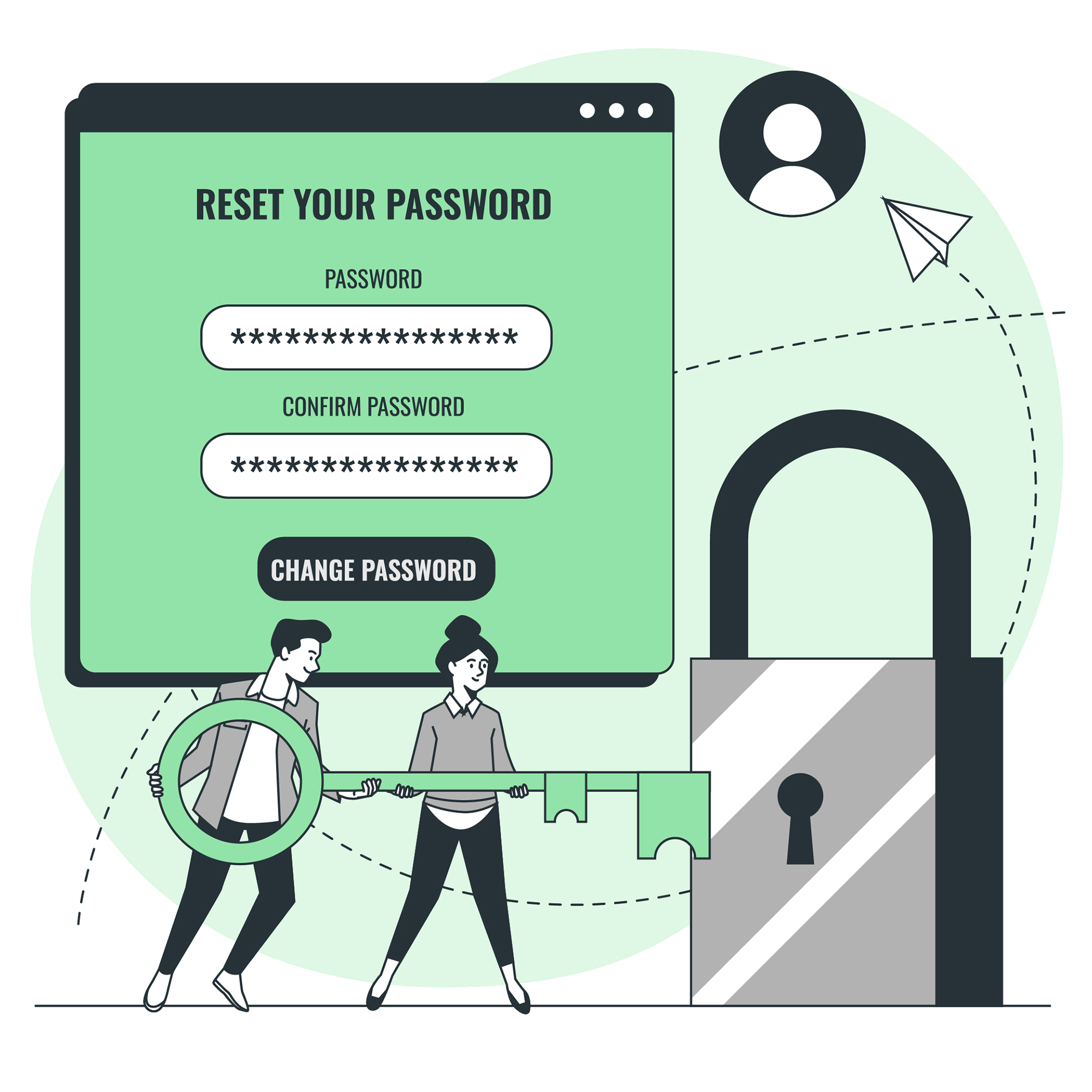How Secure Is My Password? The Pros and Cons of Passwordless Authentication
In today’s digital age, passwords are the primary means of authentication for most online services. However, passwords are not foolproof, and they can be easily compromised. Passwordless authentication is a new approach that eliminates the need for passwords and relies on other forms of authentication, such as biometrics or tokens. In this article, we will explore the pros and cons of passwordless authentication.
Pro: Enhanced Security with Passwordless Authentication
One of the main advantages of passwordless authentication is enhanced security. Passwords are often weak and easily guessable, making them vulnerable to brute-force attacks. Passwordless authentication eliminates this risk by using more secure forms of authentication, such as biometrics or tokens. Biometric authentication, such as facial recognition or fingerprint scanning, is much harder to fake than a password, making it a more secure option.
Con: Limited Adoption of Passwordless Authentication
Despite the benefits of passwordless authentication, it has not yet been widely adopted. Many online services still rely on passwords, and users may be hesitant to switch to a new authentication method. Additionally, some older devices may not support passwordless authentication, making it difficult for users to access certain services.
Pro: Improved User Experience with Passwordless Authentication
Passwordless authentication can also improve the user experience. Passwords can be difficult to remember, and users may need to reset them frequently, which can be frustrating. With passwordless authentication, users can simply use their biometric data or tokens to access their accounts, making the process much simpler and more convenient.
Con: Dependence on Third-Party Authentication Providers
One potential downside of passwordless authentication is that it often relies on third-party authentication providers. This means that users may need to trust these providers with their biometric data or other sensitive information. If these providers are hacked or compromised, users’ data could be at risk.
Pro: Reduced Password Management Burden with Passwordless Authentication
Another advantage of passwordless authentication is that it reduces the burden of password management. Users no longer need to remember complex passwords or reset them frequently, which can save time and reduce frustration. This can be especially beneficial for businesses, as it can reduce the workload for IT departments.
Con: Potential for Biometric Data Misuse with Passwordless Authentication
While biometric authentication is more secure than passwords, it is not foolproof. There is always a risk that biometric data could be misused or stolen, which could lead to identity theft or other security issues. Additionally, some users may be uncomfortable with the idea of sharing their biometric data with third-party providers.
Pro: Cost Savings with Passwordless Authentication
Passwordless authentication can also lead to cost savings for businesses. Password resets and other password-related issues can be time-consuming and expensive for IT departments. With passwordless authentication, these issues are eliminated, which can save businesses time and money.
Con: Compatibility Issues with Legacy Systems
Finally, one potential drawback of passwordless authentication is compatibility issues with legacy systems. Some older devices or systems may not support passwordless authentication, which can make it difficult for users to access certain services. This can be especially problematic for businesses that rely on older systems.
===Summing up The Pros and Cons of Passwordless Authentication
In conclusion, passwordless authentication has both pros and cons. While it offers enhanced security and improved user experience, it is not yet widely adopted and may require users to trust third-party authentication providers. Additionally, there is a risk of biometric data misuse, and compatibility issues with legacy systems may be a concern. Ultimately, the decision to use passwordless authentication will depend on individual needs and preferences.




![Crafting Unforgettable Passwords: A Guide for Developers A string of random characters typically has higher entropy compared to a few common words due to the vast number of possible combinations. For example, a 10-character lowercase password has roughly the same entropy as a 4-word passphrase picked from a 5000-word dictionary [5].](https://passwordclinic.com/wp-content/uploads/2024/06/automation-section-3-150x150.webp)





![A string of random characters typically has higher entropy compared to a few common words due to the vast number of possible combinations. For example, a 10-character lowercase password has roughly the same entropy as a 4-word passphrase picked from a 5000-word dictionary [5].](https://passwordclinic.com/wp-content/uploads/2024/06/automation-section-3.webp)

